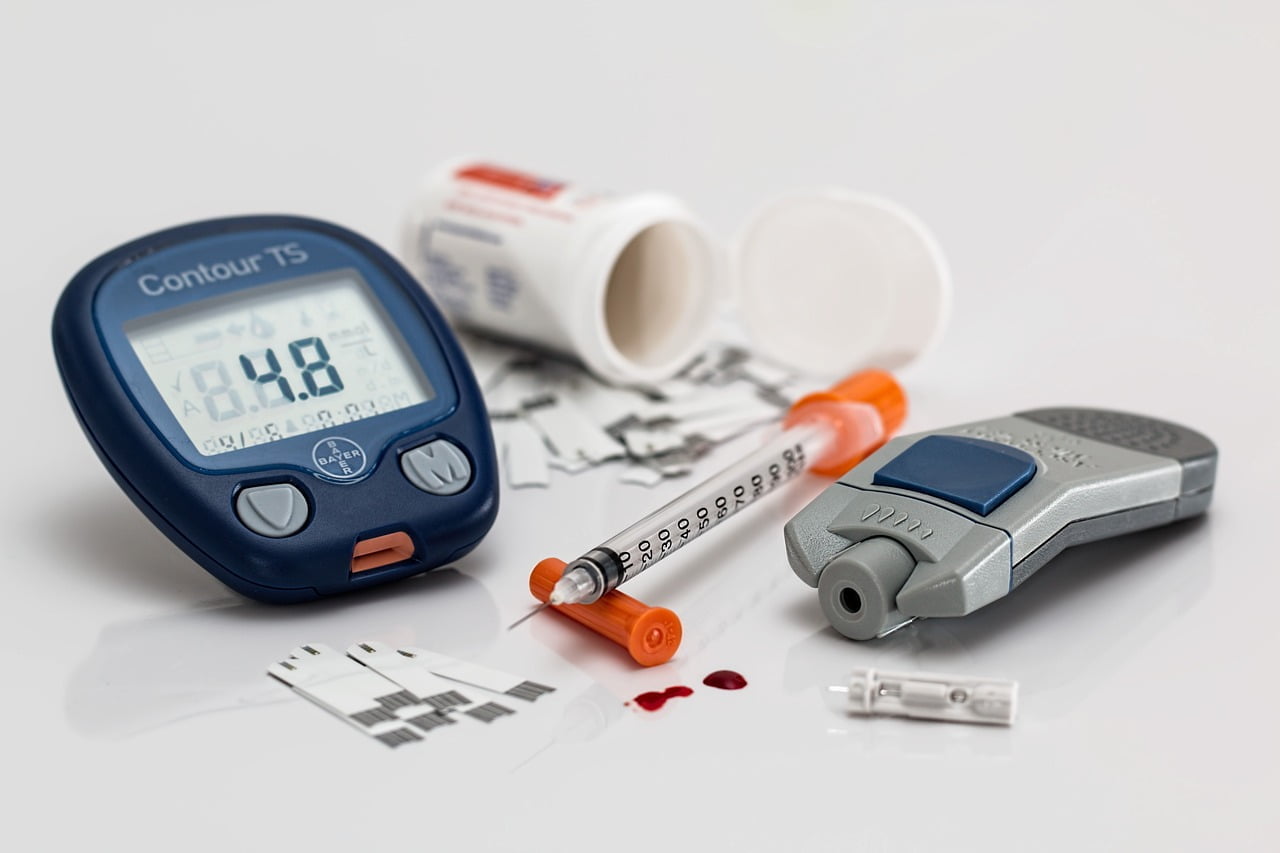
Let’s Know about Diabetes
Diabetes is a metabolic disorder that affects a considerable part of the global population. As a sedentary lifestyle, over-consumption of junk food, and a stressful lifestyle is becoming a normal part of our lives, so are diseases like diabetes. Though it is not as fatal as cancer or heart attack, it can still affect the quality of life by increasing the risk of several other diseases. It is best to work on diabetes control and prevention through the best possible methods.





